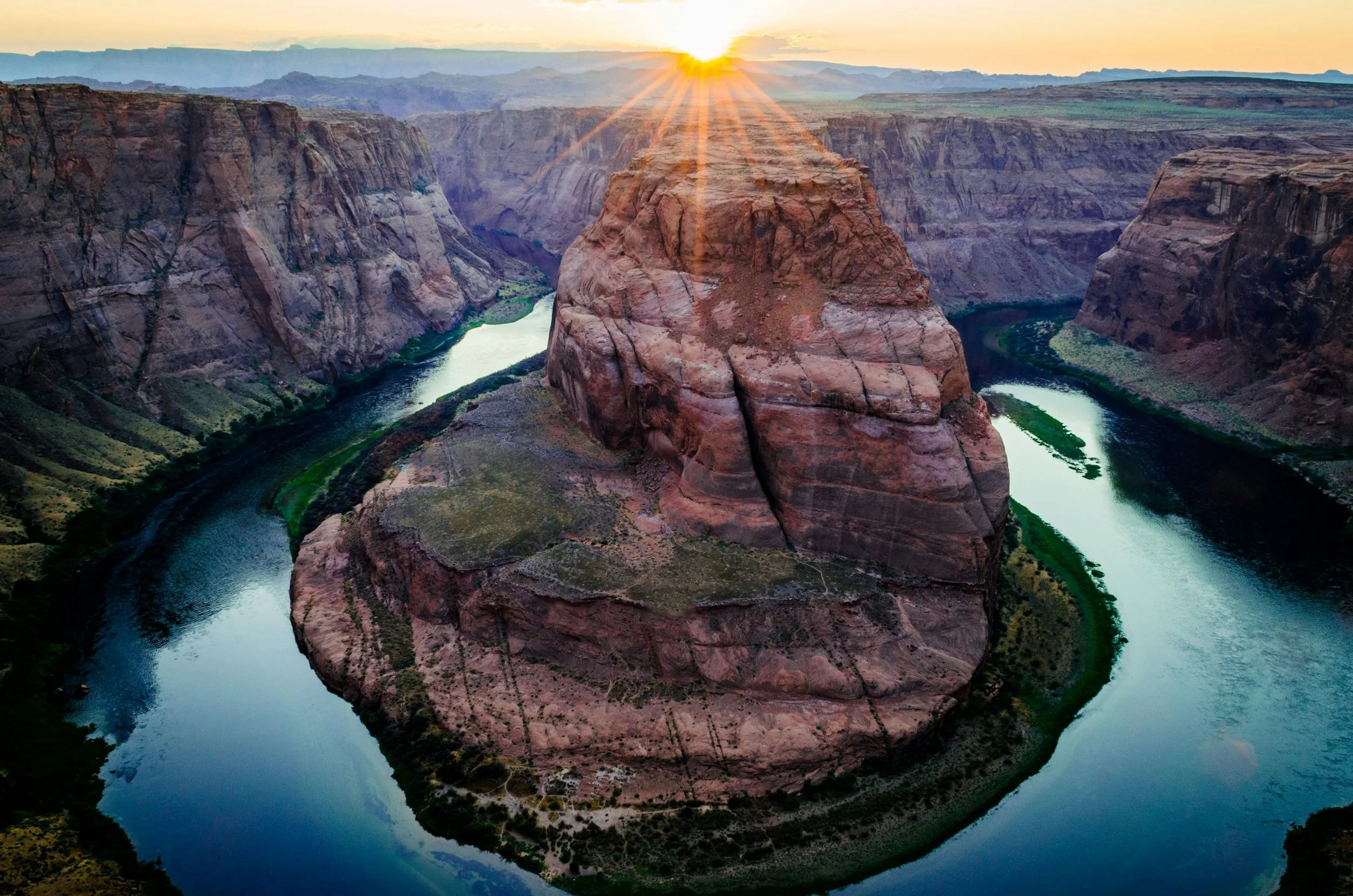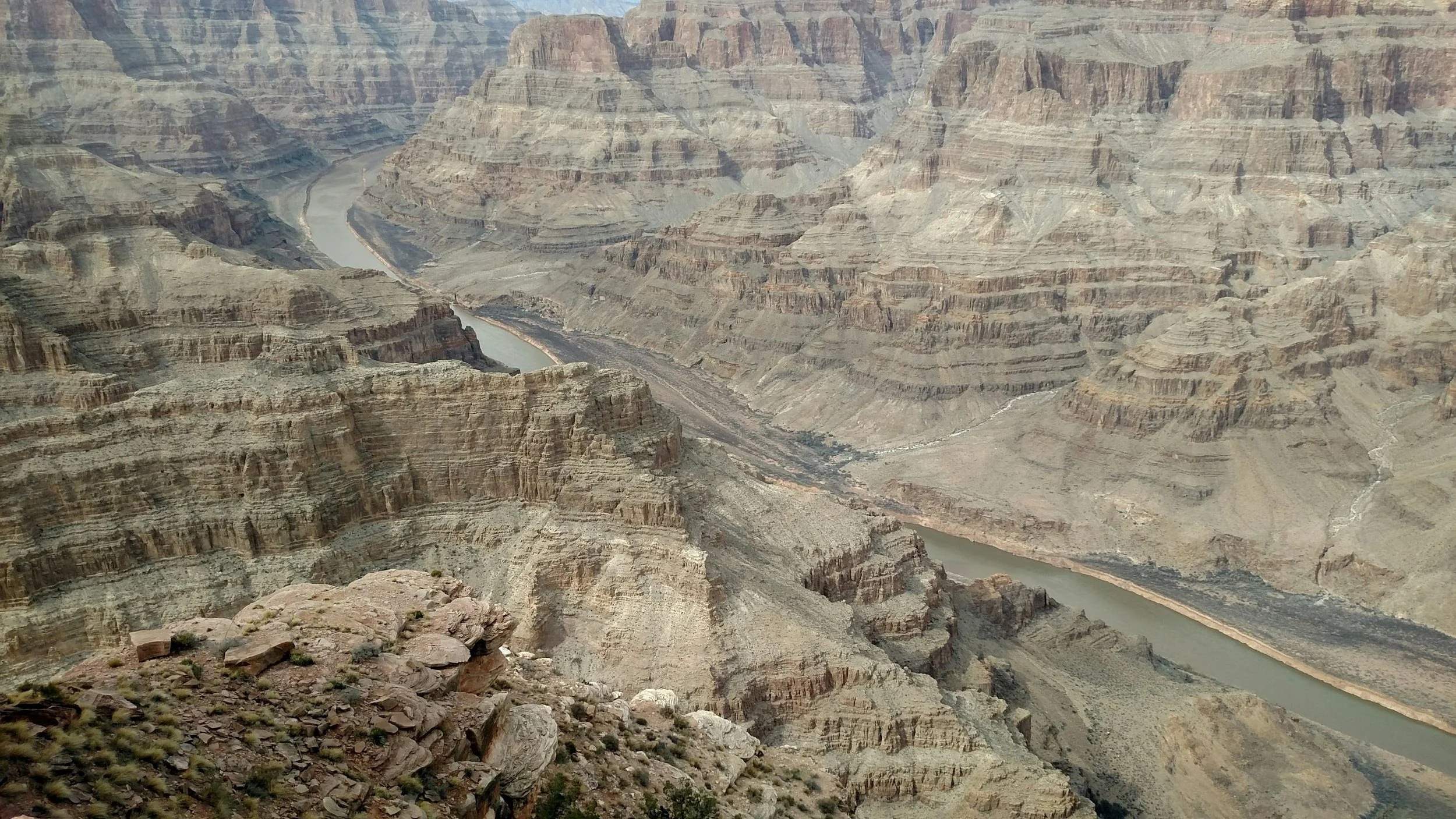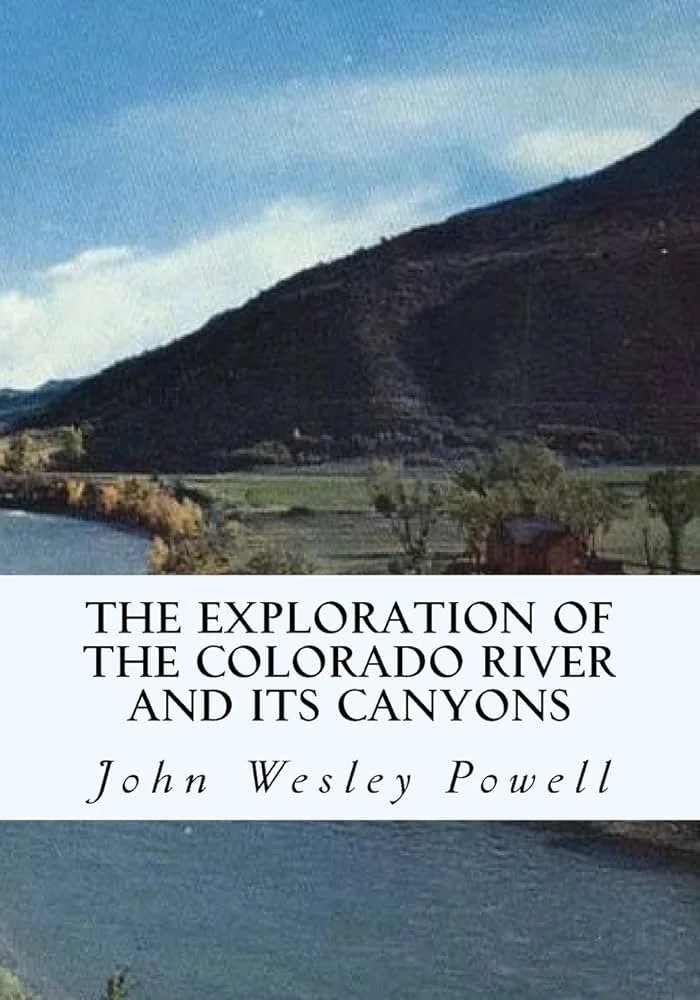At the end of the pilot episode of Star Trek: The Next Generation, Captain Jean-Luc Picard says, “let’s see what’s out there” and the USS Enterprise sets off once again to “explore strange new worlds, to seek out new life forms”.
Those phrases capture the vision of the founders of America. The founders of the U.S. supported public education and scientific research and development. They knew that was the best path to prosperity for the people and the country.
That is why the Northwest Ordinance of 1787, which transferred federally owned land in what became the states of Ohio, Indiana, Illinois, Michigan, Minnesota, and Wisconsin, required the new territorial governments to set aside land for schools and universities. Public schools educated the children (because a democracy depends on an educated electorate). Public or land grant universities had a dual purpose of providing a college education and conducting research related to agricultural and mechanical (A&M) projects to bolster American farmers and industry. In the past 200 years, American universities have helped develop higher yielding crops that are more resistant to disease and lousy weather, thereby reducing world hunger.
For more adventurous souls seeking out new worlds and life forms, the U.S. government funded exploration. In 1804, the federal government funded a Voyage of Discovery, more familiarly known as the Lewis & Clark Expedition, that explored the vast lands President Jefferson had bought from France. This scientific expedition found a land full of wealth just waiting to be exploited for capitalist gain, from the logging industry to farming. The cities came later.
Since government money covered the cost of the trip, reports on discoveries and expenditures were due to Congress. Meriwether Lewis was on his way to Washington to answer questions about his expense reports when he died mysteriously on the Natchez Trace, near Hohenwald, Tennessee.
After the American Civil War, relentless westward expansion meant there were additional areas to explore. In 1869, Congress voted to fund a scientific expedition to explore the upper Colorado River. As its leader, they chose a one-armed Civil War officer, Major John Wesley Powell, a native New Yorker who lived by the maxim to “stay curious” long before Steve Jobs thought up that tag line for his overpriced consumer products.
Powell was a lifelong learner. He was a university professor of geology who dabbled in scientific research on a variety of topics, as well as ethnography, which came in handy when he met indigenous tribal people along the Colorado River. He was an eternal optimist. Without his optimism, the expedition he led would probably have been a dismal failure. No matter how bleak the situation seemed, he always had faith that the crisis could be resolved successfully. That came in handy during his white-water rafting trip down the Colorado River.
The expeditionary troop he assembled consisted of ten men that he thought would be resilient and who could work as a team. Their first task was to build custom rafts durable enough to survive any rough waters they encountered. Then they had to choose food that would remain edible over the long haul, such as flour, sugar, coffee (naturally!), bacon, and dried apples.
Eventually, they pushed their rafts into the Colorado River, scrambled aboard, and launched themselves down the river. Over the next three months, they passed through parts of modern-day Wyoming, Colorado, Utah, and Arizona.
What a three-month ride it was! They almost drowned while exploring tributary creeks in side canyons near the Grand Canyon when storms upriver caused flash flooding. Most famously, Powell dangled off a cliff with his one good hand until he was rescued by a team member. Their rafts were repeatedly snagged on sandbars or flipped by white water rapids.
When the rafts flipped, all their supplies were dunked and waterlogged. Everyone grabbed what they could and pulled it ashore on the riverbank or a sandbar. They would pause for a day or two while they waited for their food to dry in the sun or by a fire lit from driftwood.
They never recovered all their supplies and gradually the food dwindled. Eventually, they faced starvation as their supplies ran out. Several of the men couldn’t take it anymore and mutinied. Powell tried to convince them that even though the situation was grim, it would get better.
His optimism persuaded most of the men to stick with him but three decided to walk back to civilization. The three men vanished near the mouth of the Grand Canyon and no one has ever learned what happened to them. Almost immediately after the three men left, the expedition encountered a group of Indians who gave them food. Powell decided to end the expedition before they entered the Grand Canyon.
After the trip, Major Powell wrote a report for Congress describing the expedition’s adventures on the river, the local Indian populations, and the geology of the area. His report was so informative and exciting, he was encouraged to publish it as a book. More than 100 years later his adventures are still a roaring good tale of optimism and perseverance.
Powell later became the director of the U.S. Geological Survey, shaping it into the trusted institution it is today. He was also the first director of the Bureau of Ethnology at the Smithsonian Institution, where he encouraged linguistic and sociological research.
Today, the vision of America’s founders is crashing and burning. Federal grants to fund education and R&D are being terminated to “eliminate government waste” in one of the most blatant examples of self-sabotage and self-harm in the history of the world.
At the end of 2024, the U.S. was a world leader in scientific research and had more Nobel Prize winners (physics, chemistry, medicine, etc.) than any other country. Americans held more patents than the citizens of any other country. We are now abandoning all that greatness. China is rapidly approaching parity on patents and their national investment in R&D now matches (and has probably already overtaken) the U.S.
Regardless of your political affiliation, ask yourself this question. How can America be great if it rejects its founding principles and refuses to invest in its own future?
John Wesley Powell’s book was originally published in 1895 as “Canyons of the Colorado” and is available today as “The Exploration of the Colorado River and Its Canyons”. You’ll learn a lot about different types of rocks while enjoying Powell’s death-defying and sometimes hilarious adventures.
If you would like Norma’s blog sent to your inbox, we invite you sign up by clicking here! And we will see you next time!
And be sure to follow Norma on LinkedIn




